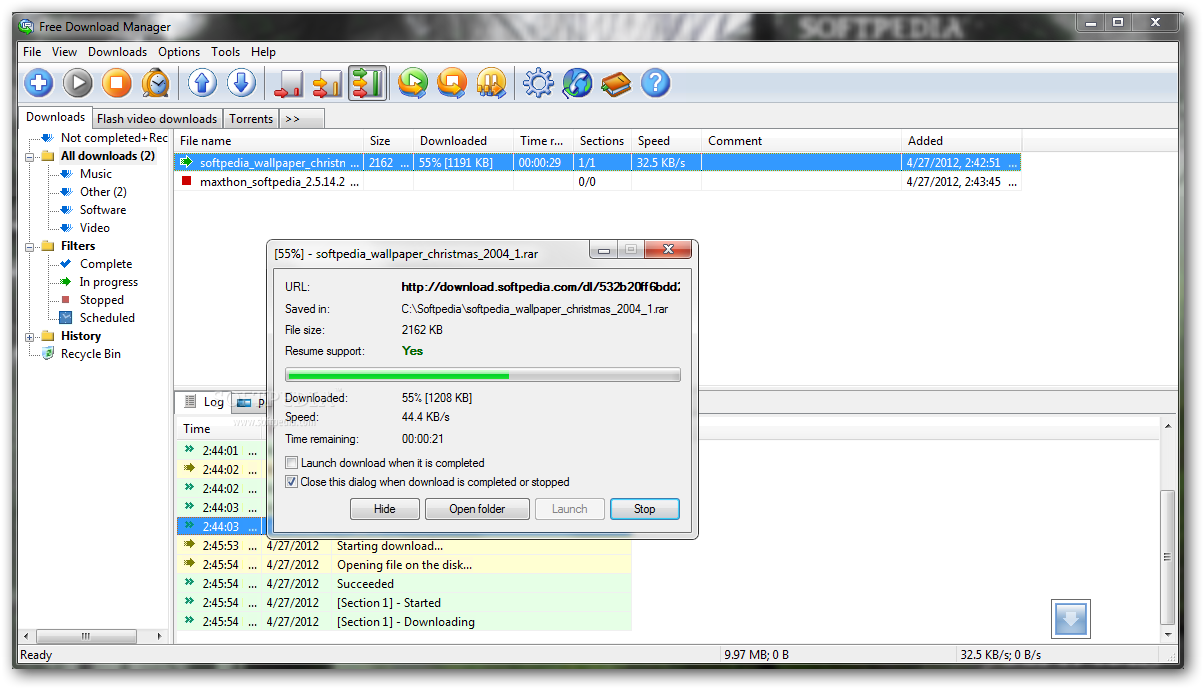Are you a creative professional looking to master the art of studio and client management? In today’s fast-paced and competitive industry, having effective systems and strategies in place can make all the difference. Whether you run a design studio, an advertising agency, or a freelance operation, this guide is here to help you navigate the ins and outs of studio management and client management. From implementing a powerful CRM (Customer Relationship Management) tool to streamlining your invoicing process, we’ll cover all the essentials to ensure smooth operations and satisfied clients. So, let’s dive in and discover the secrets to mastering the art of studio and client management!
CRM Strategies
In order to effectively manage your studio and clients, implementing customer relationship management (CRM) strategies is essential. These strategies will help you maintain strong relationships with your clients and streamline your business operations. Here are three key CRM strategies to consider:
- Client Management
-
Understand your clients: One of the first steps in successful client management is understanding their needs and preferences. Take the time to gather information about your clients, such as their industry, goals, and communication preferences. This will allow you to personalize your interactions with them and provide tailored solutions that meet their specific requirements.
-
Centralize your data: Managing client information effectively is crucial for efficient studio and client management. Implement a centralized CRM system that allows you to store all relevant data, such as client contact details, project history, and communication logs. This will enable you to access important information easily and track client interactions, leading to more organized and productive relationships.
-
Regular communication: Maintaining open lines of communication is key to successful studio and client management. Regularly reach out to your clients to provide updates on ongoing projects, seek feedback, and address any concerns they may have. This proactive approach will demonstrate your commitment to their satisfaction and foster long-term partnerships.
Implementing these CRM strategies will not only enhance your studio management, but also strengthen your client relationships. By understanding your clients, centralizing data, and maintaining regular communication, you will be well-equipped to provide exceptional service and deliver successful projects.
Efficient Studio Management
In order to achieve efficient studio management, it is important to streamline your processes and optimize workflow. Here are some key strategies to consider:
-
Utilize CRM Software: A customer relationship management (CRM) system can greatly enhance your studio management capabilities. By centralizing client information, communication logs, and project details, you can easily access and track important data. With a CRM, you can also automate tasks such as sending reminders or scheduling appointments, saving you time and effort.
-
Streamline Invoicing Processes: Effective invoicing is crucial for smooth studio management. Implementing an efficient invoicing system can help ensure prompt payments and reduce administrative efforts. Consider using invoicing software that allows you to generate and send professional invoices with just a few clicks. With automated reminders and tracking features, you can stay on top of your finances and focus on your creative work.
-
Prioritize Communication and Collaboration: Open and effective communication is vital for successful studio management. Regularly communicate with your team members and clients to ensure everyone is on the same page. Utilize collaboration tools such as project management software or cloud-based platforms to streamline communication and facilitate real-time collaboration. By maintaining clear channels of communication, you can avoid misunderstandings and keep projects running smoothly.
Remember, efficient studio management is the backbone of a successful creative business. By leveraging the right tools and strategies, you can optimize your workflow, increase productivity, and deliver outstanding results to your clients.
Effective Client Communication

Building strong and effective communication with clients is vital for successful studio and client management. Good communication paves the way for better understanding and collaboration, which ultimately leads to satisfied clients and successful projects.
-
Active Listening: One of the key aspects of effective client communication is active listening. It is important to truly understand your client’s needs, objectives, and concerns. Give them your undivided attention, show genuine interest, and ask clarifying questions to ensure you have a clear understanding of their requirements.
-
Regular Updates: Keeping clients informed about the progress of their projects is crucial. Regular updates help establish transparency and maintain trust. Provide timely information on project milestones, challenges, and the overall status of their work. By being proactive in your communication, clients will feel involved and confident in your ability to deliver.
-
Clear and Concise Language: Effective communication requires conveying information in a clear and concise manner. Avoid using technical jargon or complex terms that might confuse clients. Use plain language to explain ideas and concepts, ensuring that clients understand the information without any ambiguity. This not only fosters better communication but also minimizes the chance of misunderstandings or misinterpretations.
Remember, effective client communication is a two-way street. Encourage open dialogue, actively seek feedback, and address any concerns or questions promptly. By nurturing strong communication channels, you can create a positive client experience and build lasting relationships.